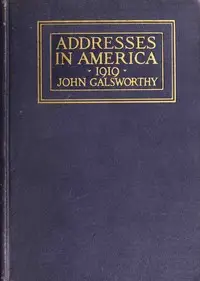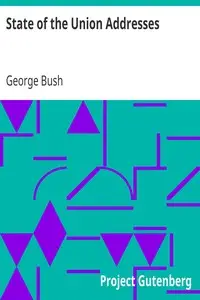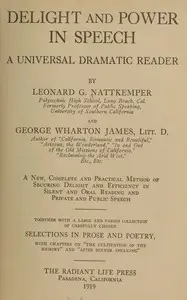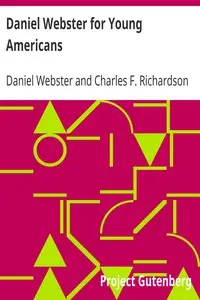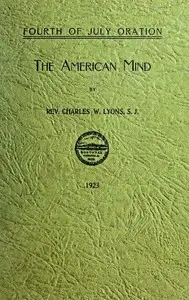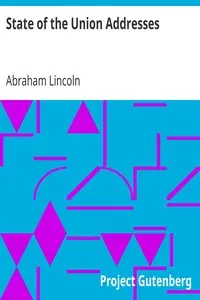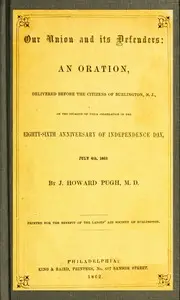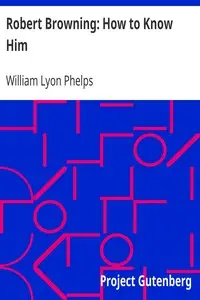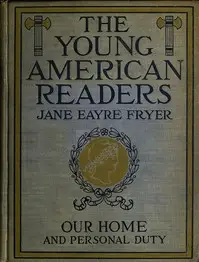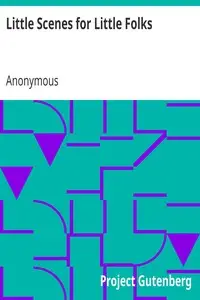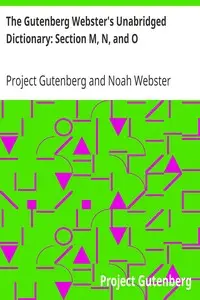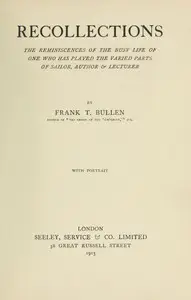"The American Union Speaker" by John D. Philbrick is a collection of powerful speeches and writings compiled after the Civil War to inspire patriotism and moral strength. The book, designed for students and speakers, includes a mix of classic and contemporary works that highlight important values like freedom and justice. Philbrick focuses on the art of speaking well and how it can shape opinions, presenting examples from influential figures during challenging times. The book’s beginning explains its goal: to offer new and relevant texts while also keeping important historical pieces, making it a key resource for teaching effective communication and active citizenship.
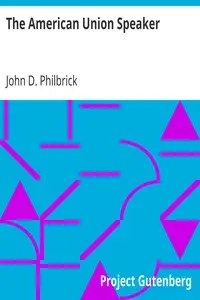
The American Union Speaker
By John D. (John Dudley) Philbrick
Amidst a nation rebuilding, discover impactful words chosen to ignite patriotism and shape the hearts and minds of a generation.
Summary
About the AuthorJohn Dudley Philbrick was a prominent American educator. He graduated in 1842 from Dartmouth College, where he was one of the founders of the Kappa Kappa Kappa fraternity along with two of his closest companions, Brigadier General Harrison Carroll Hobart and Judge Stephen Gordon Nash. He was a schoolteacher for 11 years in Boston schools, including the Boston English High School, the Quincy School and Roxbury Latin. At the suggestion of Henry Barnard he was recruited in 1853 to become Barnard's successor as principal of the Connecticut State Normal School. This was followed by a term as Connecticut superintendent of common schools from 1855 to late 1856. In December 1856 he was elected superintendent of public schools in Boston, serving with one short interruption until March 1878.
John Dudley Philbrick was a prominent American educator. He graduated in 1842 from Dartmouth College, where he was one of the founders of the Kappa Kappa Kappa fraternity along with two of his closest companions, Brigadier General Harrison Carroll Hobart and Judge Stephen Gordon Nash. He was a schoolteacher for 11 years in Boston schools, including the Boston English High School, the Quincy School and Roxbury Latin. At the suggestion of Henry Barnard he was recruited in 1853 to become Barnard's successor as principal of the Connecticut State Normal School. This was followed by a term as Connecticut superintendent of common schools from 1855 to late 1856. In December 1856 he was elected superintendent of public schools in Boston, serving with one short interruption until March 1878.

